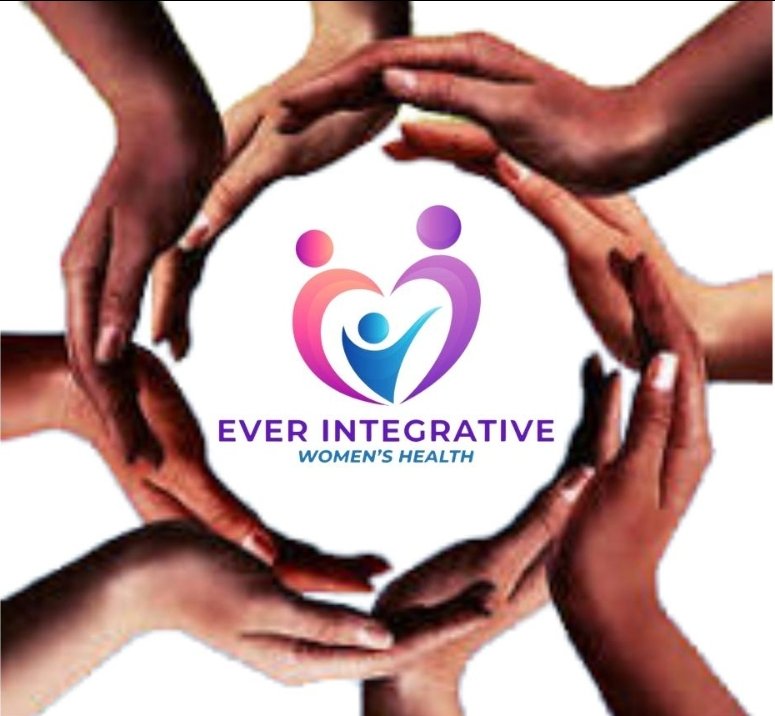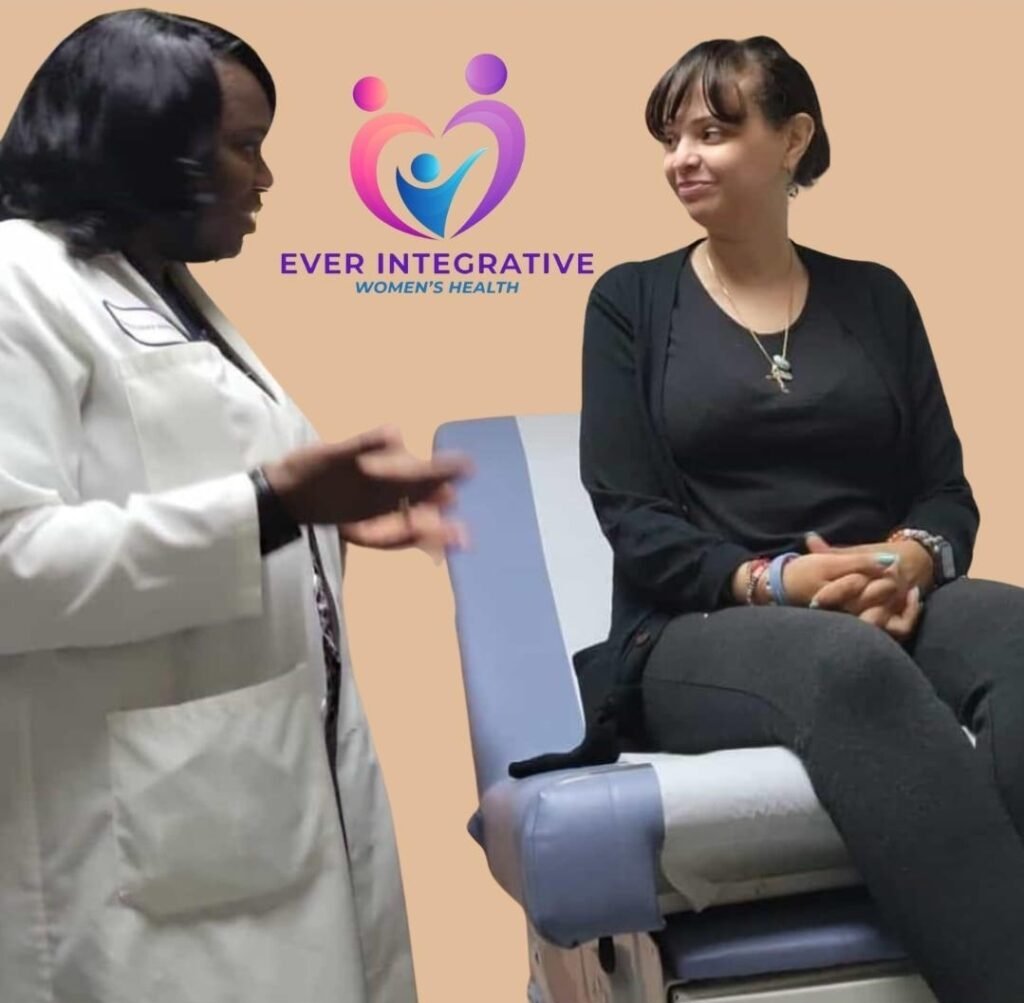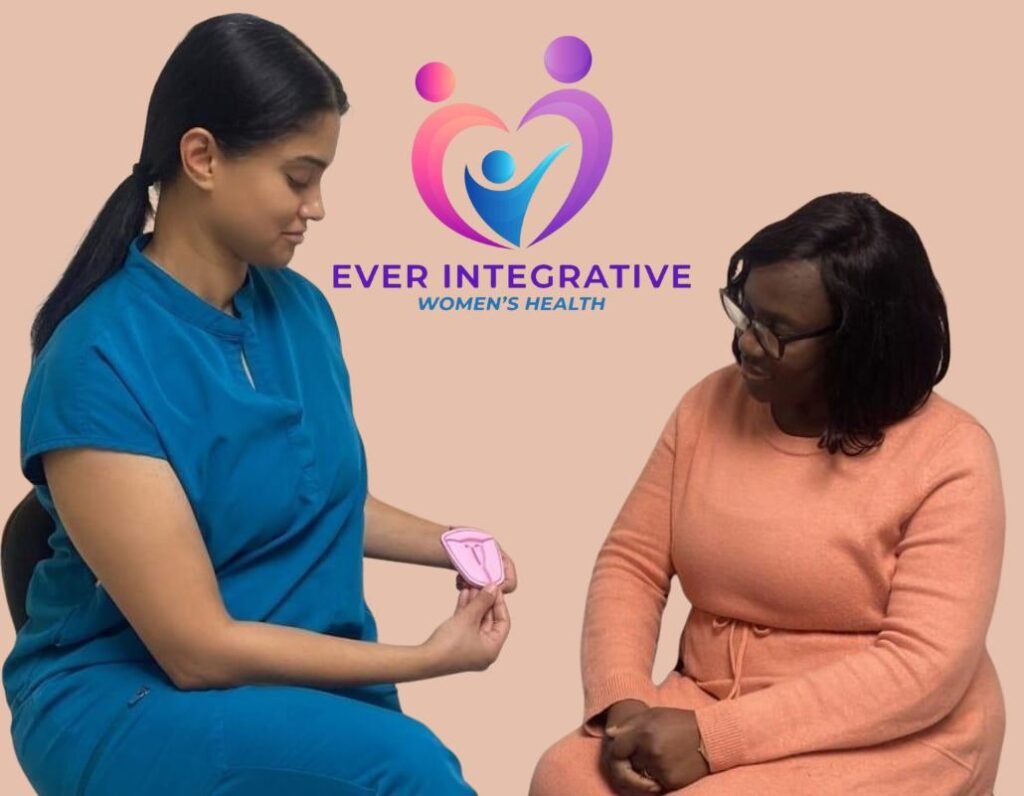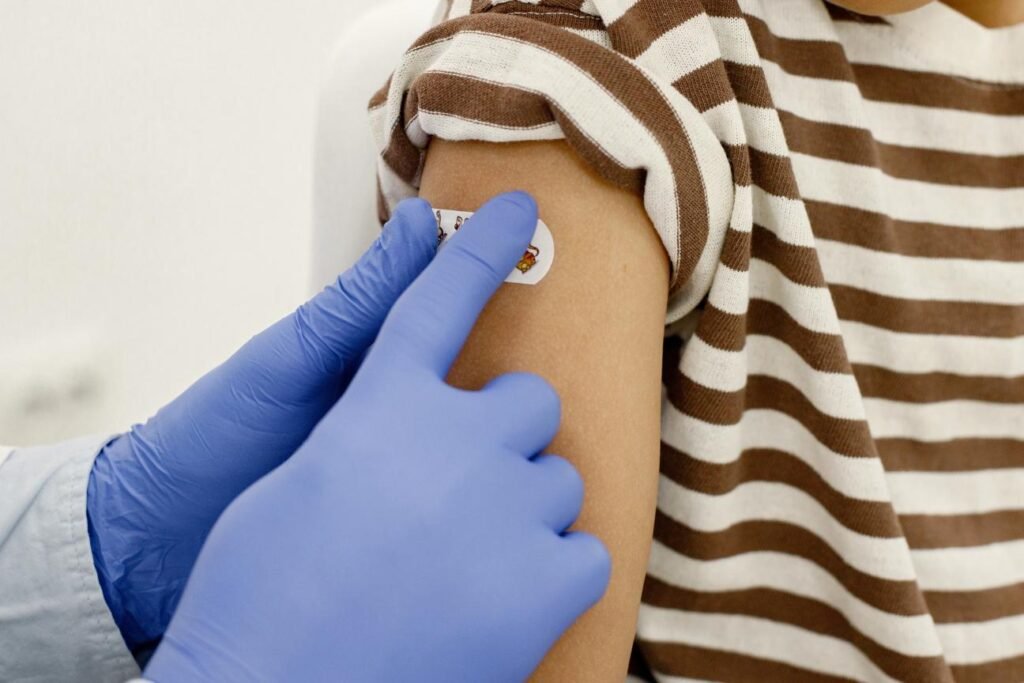Services

Services
COACHING
Everintegrative WholeMama Support
Hello, expecting mothers!
We are excited to introduce you to EverIntegrative WholeMama Support, providing prenatal support in a collaborative relationship that focuses on the well-being of the expecting mother throughout her pregnancy.
Our mission is to empower and nurture mothers throughout their prenatal and postpartum journeys, ensuring you feel valued, understood, and supported every step of the way.
Here’s To:
Emotional Support: A safe space for you to express her feelings, concerns, and anxieties regarding pregnancy. This aspect of support helps you to feel understood, validated, and less isolated during a time that can be both exciting and overwhelming.
Educational Guidance: Offers valuable information on various topics such as nutrition, exercise, childbirth preparation, and postpartum care. This education can empower you to make informed decisions about her pregnancy and prepare for the arrival of the baby.
Personalized Planning: Together, we can develop a personalized birth plan that reflects your preferences and values. This includes discussions about the desired birth environment, pain management options, and preferences for prenatal care.
Resource Connection: Helps you to connect with local resources and services, such as prenatal classes, support groups, and healthcare providers. This network can enhance your experience and provide additional support.

Holistic Practices: Incorporates holistic approaches such as mindfulness, breathing techniques, and relaxation exercises to help ease stress and promote overall wellness.
Physical Support: Provides practical advice on physical health, including safe exercise routines suited to pregnancy and ways to manage physical discomforts.
Accountability and Motivation: Helps you to establish goals related to her health and well-being, while providing motivation and accountability throughout the pregnancy journey.
By fostering a trusting and open relationship, we can significantly enhance your prenatal experience, promoting not just physical health, but also emotional and mental well-being as you prepare for motherhood.
Together, we thrive!
Contact us:
www.everintegrativewomenshealthcare.com
516 923 7000

Women’s Health Exam / Gynecology
Medical Weight Loss


PCOS
Polycystic ovary syndrome (PCOS) is a common hormonal disorder that affects people with ovaries, often during their reproductive years. It can lead to a variety of symptoms, including:
– Irregular menstrual cycles
– Excess hair growth (hirsutism)
– Acne & oily skin
– Weight gain or difficulty losing weight
– Thinning hair
– Ovarian cysts
Perimenopause
/Menopause
Perimenopause & menopause are natural stages in a woman’s reproductive life that mark the transition away from fertility.
Perimenopause: This phase can begin several years before menopause & is characterized by hormonal fluctuations. Women may experience irregular menstrual cycles, hot flashes, night sweats, mood changes, & decreased fertility. It typically lasts from a few months to several years.


Menopause Management & Treatment
Menopause is a natural biological process marking the end of a woman’s reproductive years, typically occurring in the late 40s to early 50s. While it is a normal transition, it can bring about various symptoms that may require treatment & management for relief. Here are some common approaches:
Symptoms of Menopause:
– Hot flashes & night sweats
– Mood changes (anxiety, depression)
– Sleep disturbances
– Vaginal dryness & discomfort
– Changes in libido
– Weight gain & changes in metabolism
Pregnancy Confirmation
Pregnancy confirmation is the process of determining whether a woman is pregnant. There are several methods to confirm a pregnancy, ranging from home tests to clinical evaluations. Here are the common steps & methods involved:
Home Pregnancy Tests:
1.Urine Tests:
– Home pregnancy tests (HPTs) are widely available & detect the presence of human chorionic gonadotropin (hCG) in urine, a hormone produced during pregnancy.
– These tests are most reliable when taken after a missed period, but some sensitive tests can detect pregnancy even a few days prior to that.
– To use a home test, follow the instructions carefully, & it’s beneficial to take the test in the morning when urine is most concentrated for accurate results


Birth Control Management
Birth control refers to various methods used to prevent pregnancy & to help individuals manage their reproductive health. There are several types of birth control, including:
1. Hormonal Methods: These include birth control pills, patches, injections, & hormonal IUDs. They work by regulating hormones to prevent ovulation.
2. Barrier Methods: Condoms, diaphragms, & cervical caps block sperm from reaching the egg.
Low Libido & Management
Low libido, or decreased sexual desire, can affect individuals for various reasons, including hormonal changes, stress, relationship issues, medical conditions, & certain medications. It’s important to understand that low libido is common & can be addressed through various means.
Causes of Low Libido:
– Hormonal imbalances, such as low testosterone or estrogen levels
– Stress, anxiety, or depression
– Medical conditions, including diabetes or thyroid disorders
– Relationship difficulties
– Side effects from medications (e.g., antidepressants, blood pressure medications)


Painful Sex & Low Libido
Abnormal Bleeding Patterns
Abnormal menstrual cycles & vaginal bleeding can encompass a range of irregularities & are often indicators that something may be affecting a woman’s reproductive health.
Abnormal Menstrual Cycles: This can include alterations in cycle length, duration, flow, or the frequency of periods. Common types of abnormalities include:
– Amenorrhea: Absence of menstruation for three or more months.
– Oligomenorrhea: Infrequent menstrual periods, typically more than 35 days apart.
– Polymenorrhea: Frequent menstrual cycles, usually occurring every 21 days or less.
– Menorrhagia: Heavy or prolonged menstrual bleeding, often lasting more than seven days.


Vaginal Complaints
Vaginal itchiness, burning, unusual discharge, & other similar symptoms can indicate a vaginal infection or other reproductive health issues. Here’s an overview of these symptoms & the testing process:
Symptoms:
1. Itchiness: A common symptom that may be caused by infections, allergies, or irritants.
2. Burning Sensation: Often associated with infections, skin conditions, or irritation.
3. Unusual Discharge: Changes in color, consistency, or odor can signal an infection.
Pap Smears
A Pap smear, also known as a Pap test, is a screening procedure used to detect abnormal cells in the cervix that could lead to cervical cancer. It is an essential part of routine gynecological care for women, typically recommended to start at age 21 or within three years of becoming sexually active.
Purpose of a Pap Smear:
– Cervical Cancer Screening: To identify precancerous or cancerous cells early when they are most treatable.
– HPV Testing: Many Pap smears also include testing for human papillomavirus (HPV), a common virus that can lead to cervical cancer.


Fatigue
Fatigue is a common symptom characterized by a persistent feeling of tiredness or lack of energy that does not improve with rest. It can significantly impact daily activities, work performance, & overall quality of life. Here are some key aspects to understand about fatigue:
Types of Fatigue:
1. Physical Fatigue: Overexertion or prolonged physical activity can lead to muscle fatigue & a general feeling of tiredness.
2. Mental Fatigue: This type results from prolonged cognitive activity, stress, or emotional strain, leading to difficulties concentrating & reduced motivation.
3. Chronic Fatigue: This is a more severe & long-lasting fatigue that may not be relieved by rest & can be a symptom of an underlying condition.
Adult Immunizations
Adult immunizations are essential for maintaining overall health & preventing the spread of infectious diseases. Vaccines help protect not only the individual but also the community by reducing the transmission of diseases. Here are some key adult immunizations:
Recommended Vaccinations:
1. Influenza Vaccine:
– Recommended annually for all adults, particularly those at higher risk (e.g., elderly, pregnant women, & individuals with chronic health conditions).


Preconception Counseling
Preconception counseling is a process that helps individuals & couples prepare for a healthy pregnancy before conception occurs. This consultation typically involves a healthcare provider who assesses health risks, provides guidance, & offers recommendations to enhance reproductive health. Here are the key components of preconception counseling:
1. Health Assessment:
– Medical History: A thorough review of personal & family medical histories to identify potential risks, such as genetic conditions, chronic diseases (e.g., diabetes, hypertension), or previous pregnancy complications.
– Current Medications: Discuss any medications or supplements being taken, as some may need to be adjusted or substituted for safer options during pregnancy.
Hair Loss
Hair loss, also known as alopecia, is a common condition that can affect both men & women. It can manifest in several forms & can be caused by various factors, including genetics, hormonal changes, medical conditions, medications, & environmental influences. Here’s an overview of hair loss:
Types of Hair Loss:
1. Androgenetic Alopecia:
– Also known as male-pattern baldness or female-pattern baldness, this hereditary condition is characterized by a gradual thinning of hair. It generally begins at the temples or crown for men & may cause overall thinning for women.

Individual Plan for Wellness
Our team is here to help you make an appointment with the specialists that you need: call us or fill the online booking form



